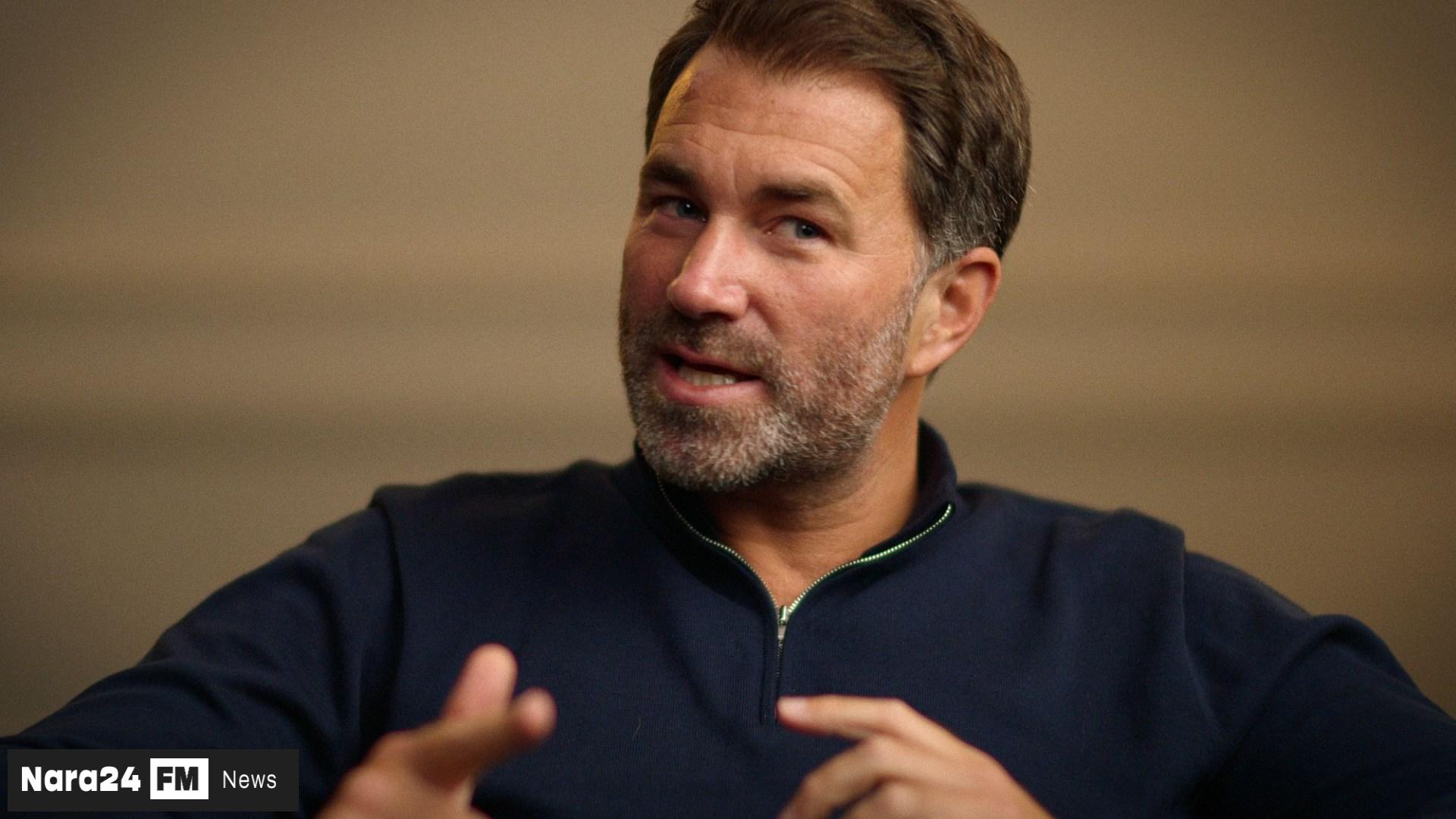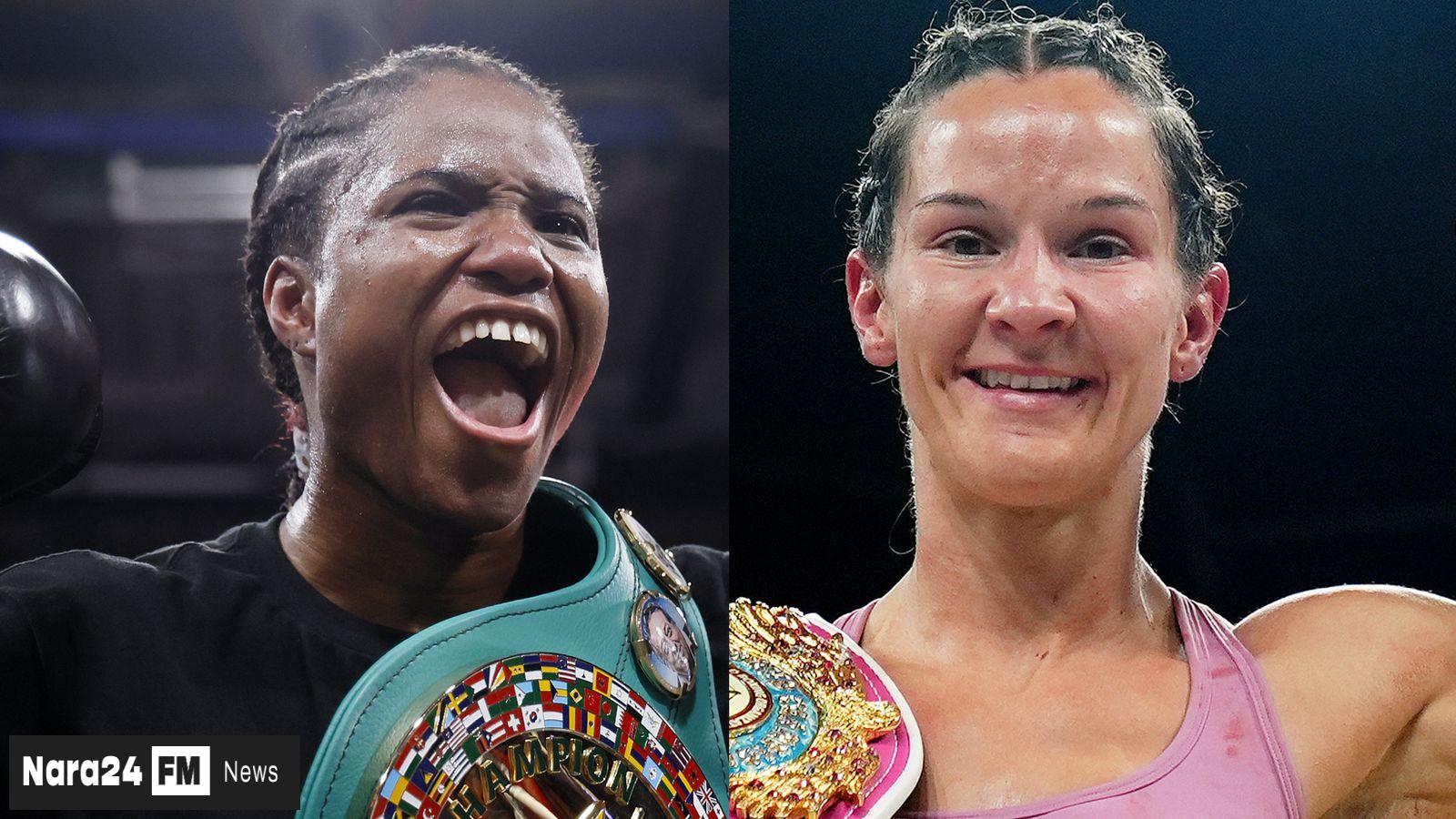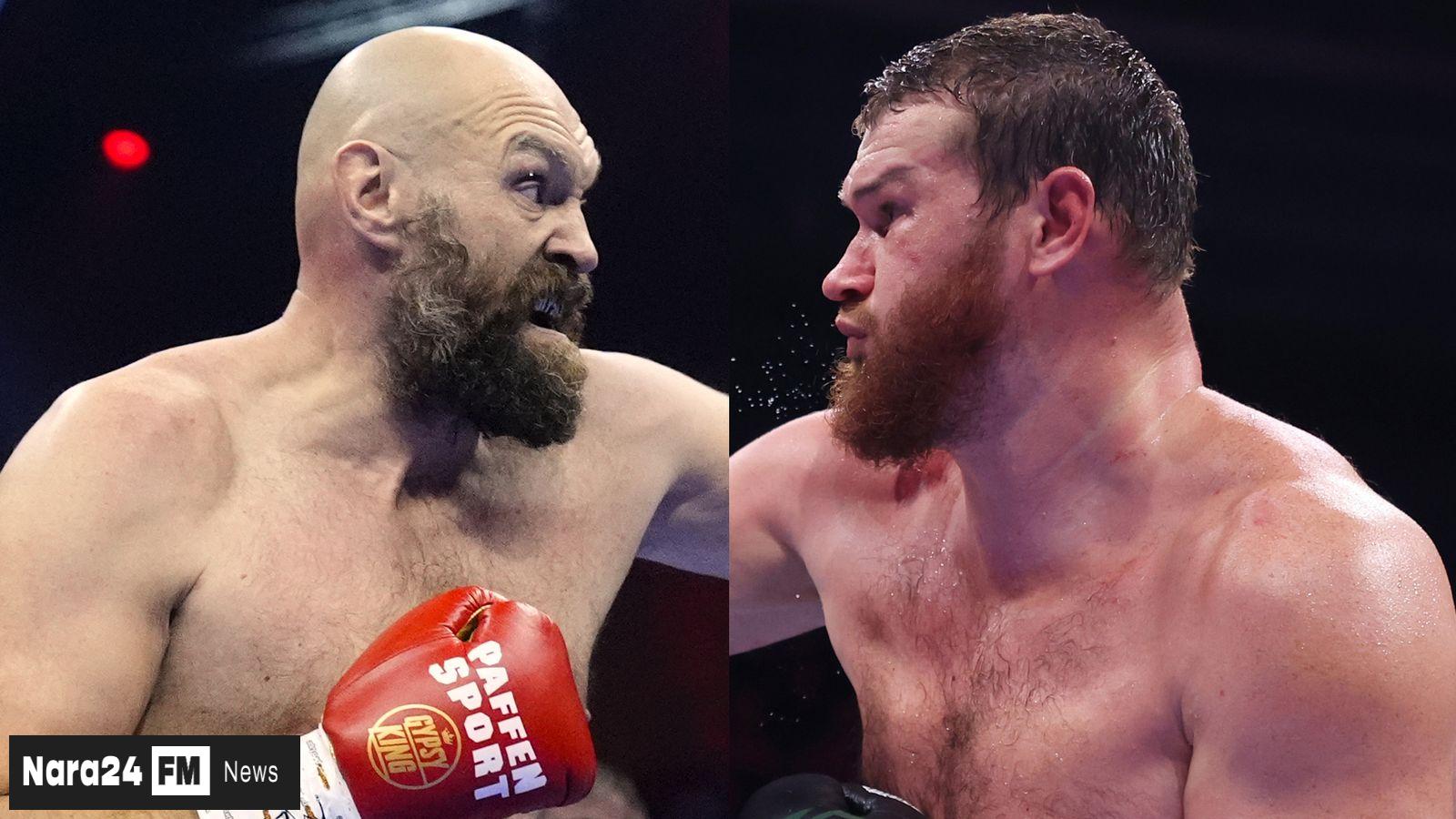Boxing promoter Eddie Hearn has issued a stark warning about the psychological toll of combat sports, citing Ricky Hatton's recent death as a sobering example of hidden struggles beneath the sport's macho facade. The Matchroom chairman's revelations come alongside the release of Netflix's "Matchroom: The Greatest Showmen," documenting his takeover of his father Barry's £1 billion sports empire.
In a candid interview, the 46-year-old promoter contrasted his approach to mental health with his father's generational values. "We're witnessing fighters collapse under the pressure to appear invincible," Hearn told The Sun. "Ricky Hatton's tragedy shows how that 'brave face' often masks deep pain. Even champions like Anthony Joshua experience crushing self-doubt after losses."
Breaking the Silence
The docuseries' timing coincides with heightened scrutiny of boxing's culture, featuring raw moments like welterweight Conor Benn confessing to suicidal thoughts during a doping scandal. Benn credits Hearn for unwavering support ahead of his controversial November rematch with Chris Eubank Jr., reigniting their bitter rivalry at a recent press conference.
Generational Divide
Hearn revealed clashes with his father's "tough love" mentality, recalling Barry's advice: "Just tell yourself you're happy in the mirror." While acknowledging his privileged upbringing at Matchroom's historic Mascalls estate – now worth millions – Eddie admitted the pressure of being labeled a "flash b*****d" nepotism beneficiary.
Legacy of Resilience
Despite high-profile setbacks like Anthony Joshua's emotional breakdown after losing to Daniel Dubois, Hearn remains driven. "Defeat fuels me," he declared in the series, showcasing Matchroom's global expansion across boxing, darts, and snooker. Yet as the sport reckons with mental health challenges, Hearn's evolution from "tough love" protege to empathetic leader underscores boxing's urgent need for cultural change.








Comments (0)
Leave a Comment
Be the first to comment on this article!